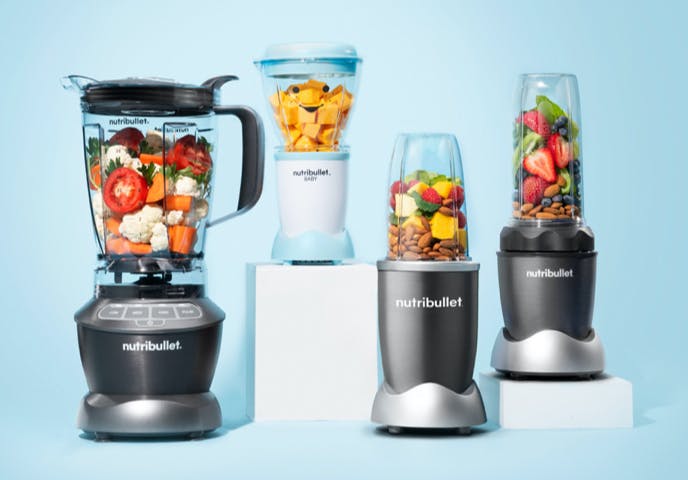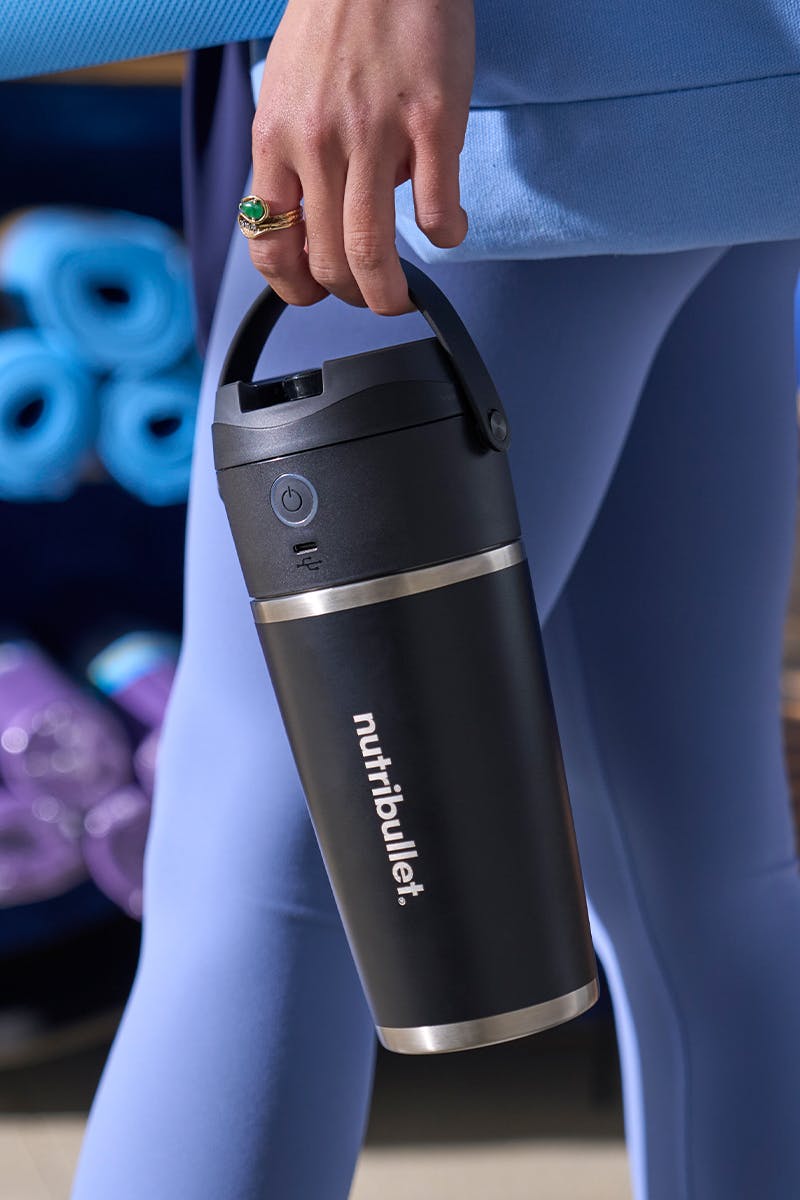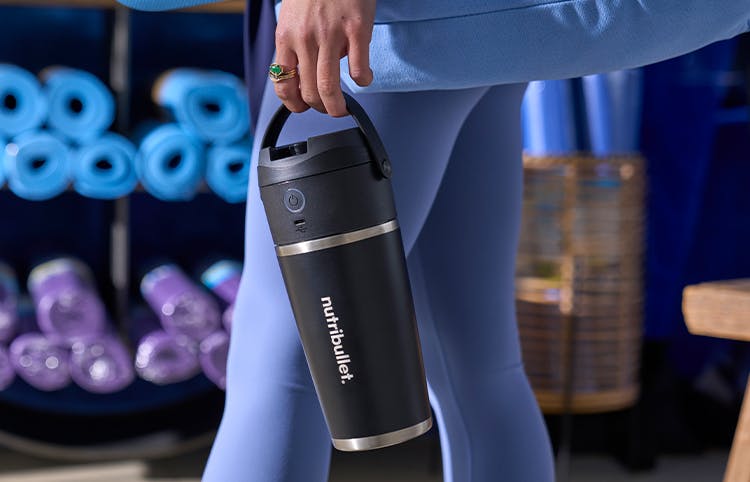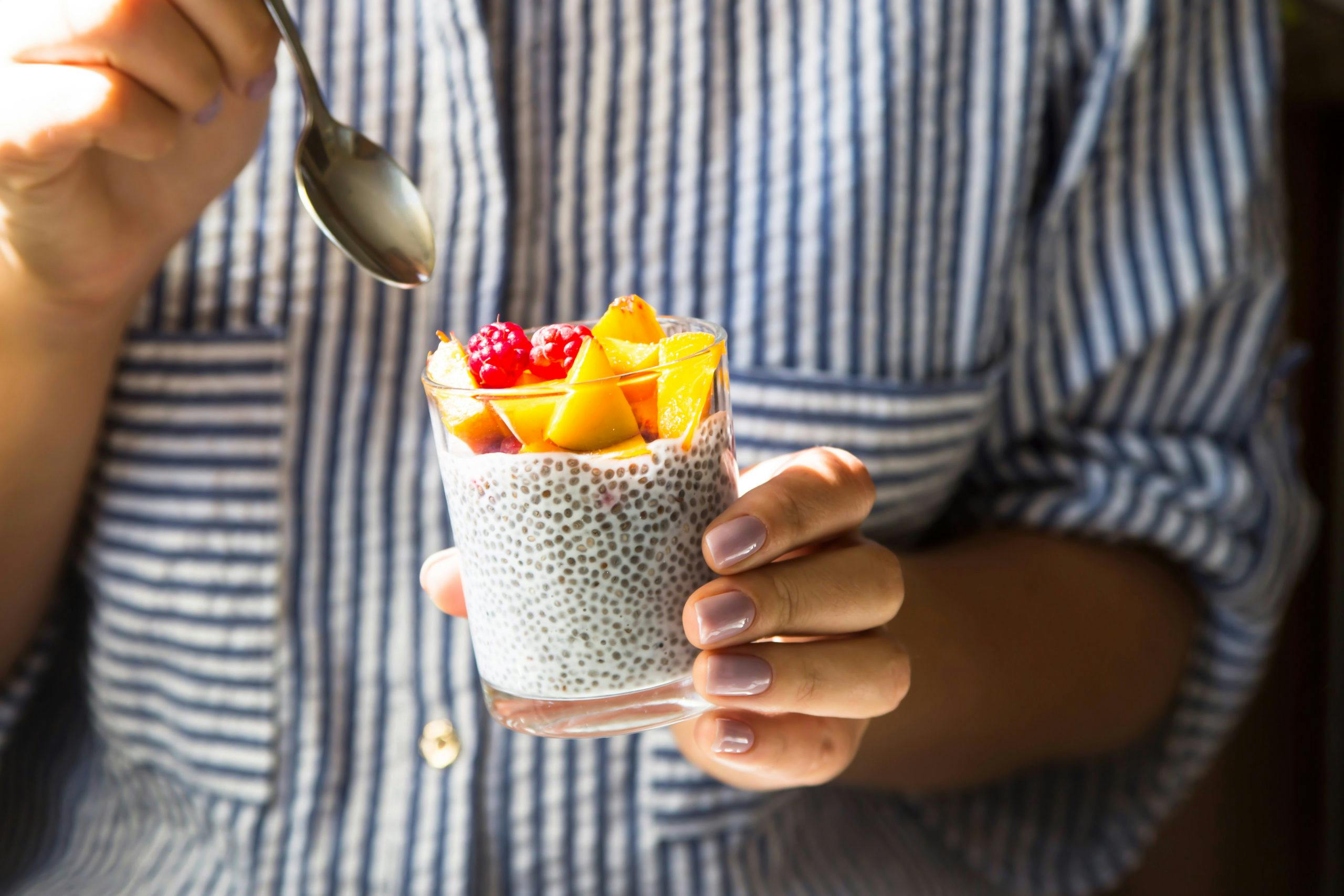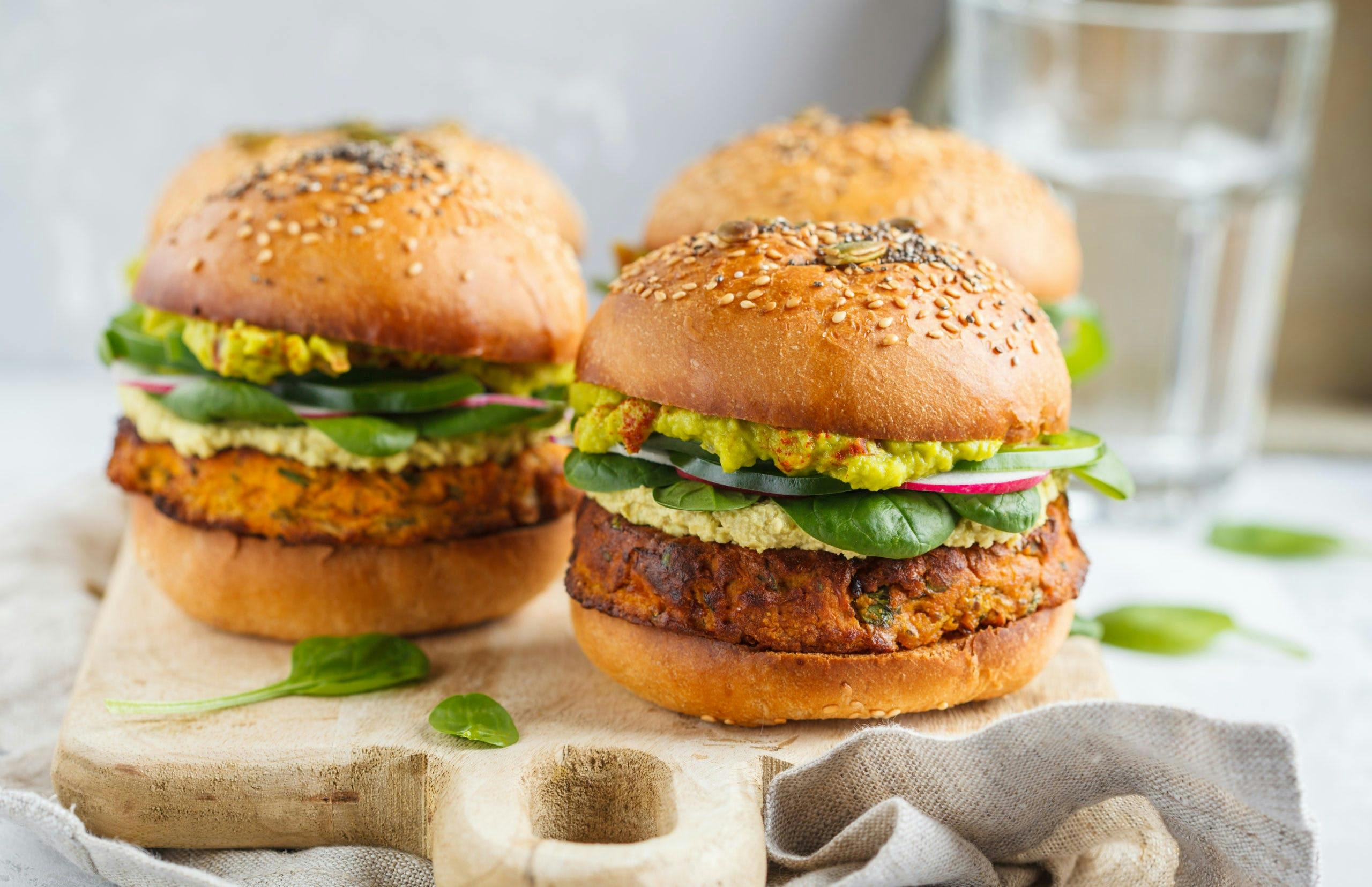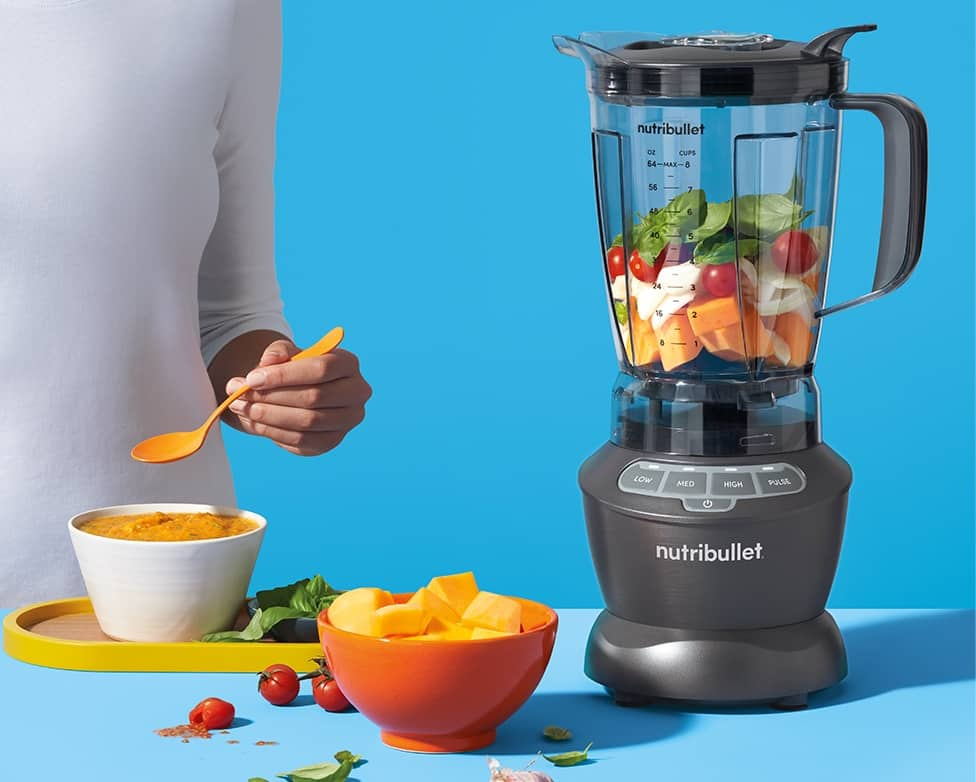We all need protein. Regardless of body types and lifestyles, we all need to consume this macronutrient every day in order to function at our best. However, we sometimes struggle to get in ample protein in one day. That’s where protein powders can help. With an increase in availability and popularity, protein powders became an effective way to boost the consumption of protein. Let’s face it – it’s easier to blend up a protein smoothie than it is to grill chicken!
So Many Options
There are many options when it comes to protein powders. To help you make the best decision for your lifestyle, let’s walk through the various types of protein powders available to us.
Whey Protein Powder
Whey protein powder is considered the gold standard of all the protein powders. Whey is a complete protein, which means it contains all nine essential amino acids. Our bodies absorb and assimilate whey protein more efficiently than it does any other protein powder. Most whey protein powders contain approximately 20 grams of protein per scoop. Adding one scoop to your morning smoothie can power your metabolism and your energy to start your day! Adding one scoop to a glass of unsweetened almond milk after a strenuous workout can also assist in muscle repair and replenishment.
Soy Protein Powder
Soy is a great alternative for vegetarians or those who are sensitive to whey. It’s also a complete protein. In fact, it’s the only plant protein that’s complete. Soy contains beneficial isoflavones, which help control inflammation and free radical damage. Soy also improves bone health. Soy protein powder tends to have a grittier consistency and a stronger flavor than whey, so it’s best used in smoothies to mask the strong flavor. Before using soy protein, be sure to consult a dietitian if you’re at risk for breast cancer, have had breast cancer, or are taking thyroid medication.
Pea protein has been shown to promote satiety, making you eat less. A study published in the Journal of Nutrition found that individuals who consumed 20 grams of pea protein thirty minutes before a meal ate less food than those who had the same amount of whey protein. Whey protein absorbs quickly, which is a fabulous tool for recovery, but pea protein absorbs more slowly to help keep you full for a longer period of time.
Hemp Protein Powder
This protein powder comes from the seeds of the hemp plant. It has approximately 9 grams of protein and is loaded with fiber. Again, it’s not a complete protein so you’ll have to eat other sources of protein throughout your day to fill in the gaps. Still, hemp protein powder is high in omega 6 fatty acids that provide health benefits such as reducing inflammation, promoting brain function and lowering risk for heart disease.
Brown Rice Protein
Brown rice is a whole grain. Inside this whole-grain nutrient powerhouse is protein that’s processed into this powder. It also happens to be rich in fiber, iron and B vitamins. If you’re lactose intolerant or allergic to soy, this is a good choice. Rice protein is very easy to digest, which makes it a great option for anyone with gastrointestinal distress. It has half the amount of protein (10 grams) compared to whey, but using it throughout the day is a good way to include more protein in your diet.
Buyers Beware
There are some things to consider when looking at protein powder brands. Because protein powder is a highly popular dietary supplement right now, manufacturers take advantage of this by creating some subpar products. Here are some tips on how to read labels and important ingredients to be aware of.
- Protein isolate is what you want! They are 90 to 95 percent protein and ideal for when you want more pure protein per serving. Protein isolate is far superior to protein concentrates that are only 60 to 70 percent protein.
- Sugar content is also something to look out for. To make protein powders taste better and get you to buy the product again and again, some manufacturers add a large amount of sugar into their products. If you see flavors, like french vanilla, dark chocolate or cafe latte, that’s a clue to read the label and see how they flavored that powder. They’ll most likely have a high content of added sugar. Try to find a powder with no more than 6 grams of sugar.
- Artificial sweeteners are often used to add flavor while also keeping sugar content low. Avoid protein powders with artificial sweeteners, such as aspartame and xylitol, which can cause GI distress and many other health problems. Currently, stevia is still considered safe. A better option is adding your own natural sweetener such as honey, agave or fruit!
- Additives or other substances are also red flags. Many products will claim to include a “proprietary blend” and fail to list how much of the ingredients are actually in there. It’s common to add Creatine, for example, because so many athletes have heard about it. If you’re looking to use an ergonomic aid, it’s best to use a pure form of it from a reputable company rather than as part of a proprietary blend in a protein powder. I also suggest consulting with an experienced sports dietitian before doing so.
Once you pick your sources of protein, decide how to work them into your diet. The mistake some individuals make when adding more protein to their diets is consuming too much later in the day and not enough early in the day. Protein assists with muscle fiber repair. Since we use our muscles the most during the day, it only makes sense to consume protein regularly throughout the day rather than just in the evening when we use our muscles less. By consistently consuming smaller amounts of protein throughout the day, we can fuel our bodies more efficiently, provide ourselves with constant energy and keep us feeling fuller and satiated for longer.
Whether you’re a body builder or a 9-to-5 working mom of two, you can benefit from the convenience and health benefits of protein powders. There are many options available that are suitable for a variety of diets and lifestyles. Be sure to consult with a dietitian to pick the one that’s best for you and build a plan that incorporates both protein powders and food sources of protein into your healthy and balanced diet.










